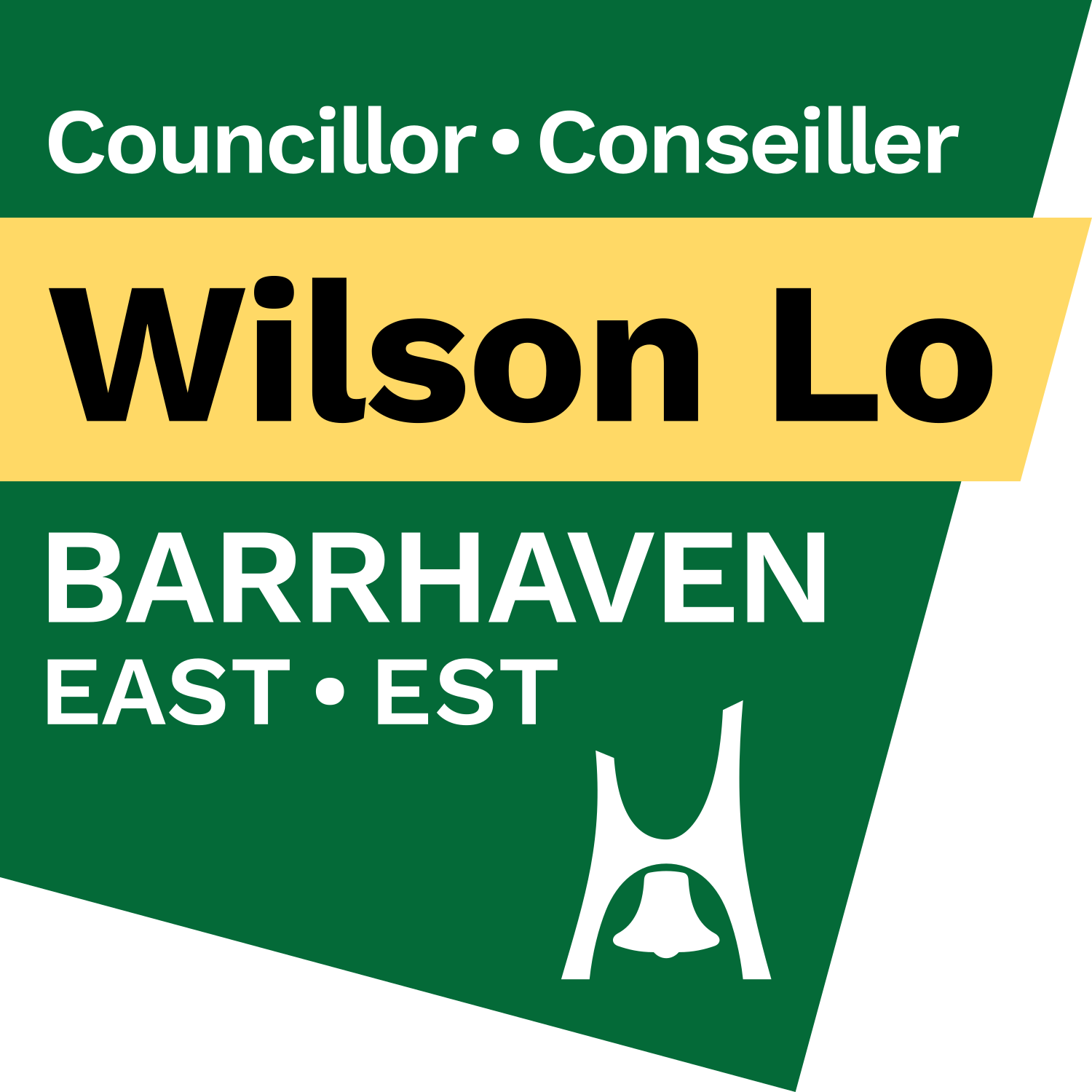Vacant Unit Tax declaration form is now online; deadline is March 16
Ottawa homeowners can now complete the required Vacant Unit Tax (VUT) declaration online at ottawa.ca/vut for each residential property they own. The deadline is Thursday, March 16, and it takes less than five minutes to complete.
All residential property owners must provide some basic information on the occupancy of their property, even if it is their principal residence. Visit ottawa.ca/vut, click Submit Declaration, and input the roll number and access code found on the latest VUT notice, or last year’s property tax bill.
A second notice will be sent to residential property owners this week – which will include your roll number, access code and more information on how to declare. If you have already completed the declaration, you can disregard the second information notice.
Residents registered with MySeviceOttawa can go directly to the declaration from their property tax account.
Alternate and accessible declarations options available
The City has set up declaration options for residents who require accessibility related supports, and for those without access to the internet or digital devices – like computers, tablets and other hand-held devices:
Call Revenue Services at 613-580-2444 and select option 3 to complete a declaration over the phone, or to book an in-person appointment at the Mary Pitt Centre at 100 Constellation Drive.
Call 613-580-2400 to contact the City using Canada Video Relay Service. The service uses internet and mobile phone technologies to connect the caller with real-time sign language interpretation.
All property owners must declare
Even though the VUT does not apply to principal residences, it is mandatory for all residential property owners to complete the declaration every year. Principal address property owners only need to provide their name, contact information, select principal address and click submit. Full participation ensures the City’s data is up-to-date and accurate.
The City has researched Vacant Unit Tax models in other cities like Vancouver. The mandatory declaration by property owners has proven to be the most successful model. Alternative models such as voluntary declarations or complaint based were found to be ineffective, inefficient and inequitable to property owners.
Helping address Ottawa’s housing shortage
The intent of the VUT is to help address Ottawa’s current housing supply shortage. It acts as an incentive for residential owners to either rent or sell vacant properties. Revenues generated from the VUT will go directly to the City’s budget for constructing more affordable housing.
Residential properties vacant 184 or more days may be subject to tax
Properties that are not a principal residence and were vacant 184 or more days in the previous calendar year could be subject to the one per cent Vacant Unit Tax on the final property tax bill. If the property is rented or occupied, occupancy dates must be provided.
When submitting the declaration form, property owners can select any of the specified exemptions – such as legal or estate issues, hospitalization or death of owner, or renovations – that is applicable for their reason for the vacancy. The owner must also provide relevant information to support the exemption, like a building permit or application number, court order number, date of death or the name of the person in care and name of the health or senior care facility.
False claims could receive fine
If a declaration is not filed – even if it is a principal residence – it will be deemed vacant and the VUT will be applied. All declarations will be eligible for an audit and false claims could result in a fine up to $10,000.
Learn more about the Vacant Unit Tax at ottawa.ca/vut. Information summary is also available on the website in Arabic, Somali, Simplified Chinese and Spanish.

